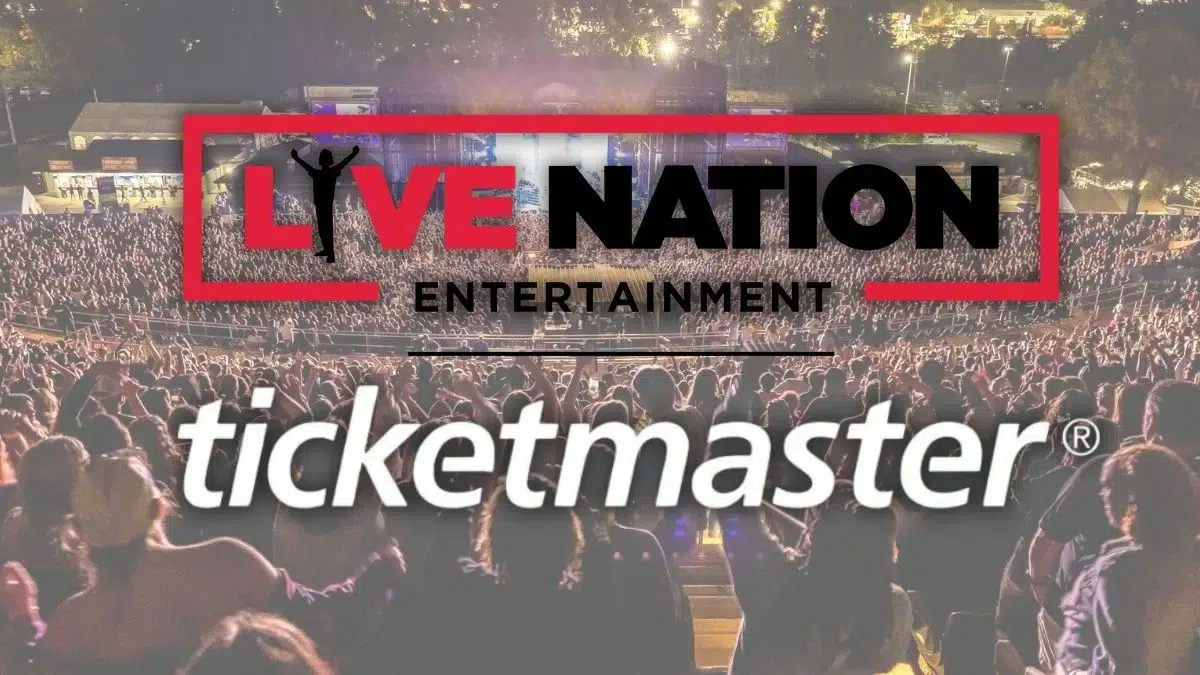The U.S. Supreme Court on Monday declined to hear Live Nation Entertainment’s appeal seeking to enforce its controversial arbitration clause, leaving the concert giant and its Ticketmaster subsidiary to face a consumer antitrust lawsuit in federal court.
The decision marks a major setback for Live Nation, which had argued that its updated arbitration system—designed to route thousands of consumer complaints away from the courts—was protected under the Federal Arbitration Act. Instead, the justices let stand a Ninth Circuit ruling that found the company’s prior arbitration terms “unconscionable” and invalid under California law.
A federal appeals court had earlier rebuked the company’s attempt to switch consumers into a new arbitration framework run by a startup called New Era ADR without clearly notifying them. In a sharply worded opinion, the court said the move “boggles the mind,” finding that the system was tilted in the company’s favor and deprived fans of basic procedural protections.
Consumers accuse Live Nation and Ticketmaster of monopolizing the live entertainment marketplace, driving up prices and suppressing competition. The Supreme Court’s refusal to intervene means those claims will now proceed before U.S. District Judge George H. Wu in California, alongside discovery and pretrial proceedings already underway.
Live Nation’s May 2025 petition to the Court had asked justices to determine whether its arbitration clauses—covering thousands of consumer disputes—should be protected from state-level challenges. The company argued that California’s unconscionability rulings were “hostile to arbitration” and undermined the Federal Arbitration Act’s goal of promoting private dispute resolution.
At the heart of the dispute was Live Nation’s 2021 switch to New Era ADR, a little-known arbitration firm that the Ninth Circuit found to have worked in close coordination with Ticketmaster’s defense counsel. Under the system, just a handful of “bellwether” cases would be decided in full, with the outcomes applied to thousands of other consumers—effectively binding fans who never participated in the proceedings.
Following the Ninth Circuit’s ruling last year, Ticketmaster updated its Terms of Use again in August 2025, moving to a JAMS-administered process but keeping the same basic structure: mandatory arbitration, class-action waivers, and confidentiality provisions. Critics say the changes do little to address the court’s concerns about fairness and transparency.
“Switching providers doesn’t fix the fundamental problem,” said Lee Hepner of the American Economic Liberties Project when those terms were updated. “They’re still trying to lock consumers out of meaningful recourse.”
The consumer antitrust case, Heckman v. Live Nation, is one of several major legal challenges facing the company. A separate lawsuit filed by the U.S. Department of Justice and joined by 39 states is scheduled for trial in March 2026, accusing Live Nation of abusing its dominance in ticketing, concert promotion, and venue operations.
Monday’s Supreme Court decision ensures that the consumer plaintiffs’ case will move forward in parallel—without the protection of the arbitration shield Live Nation fought to preserve.
For consumers, that means a rare opportunity to challenge the company’s market power in open court rather than behind closed arbitration doors. For Live Nation, it’s yet another reminder that the legal and political backlash against its dominance in live entertainment is far from over.
READ MORE:




